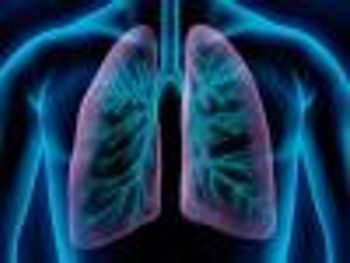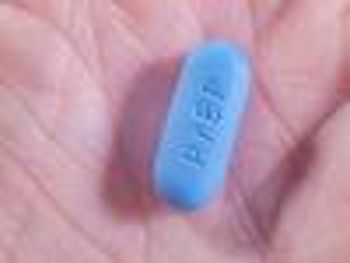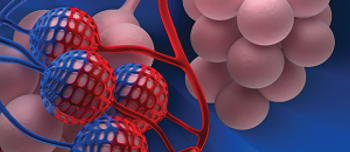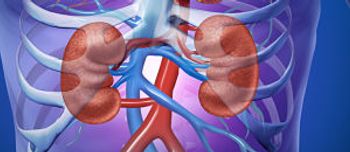
Healthcare providers need to work diligently to lower costs without sacrificing quality to increase value.

Healthcare providers need to work diligently to lower costs without sacrificing quality to increase value.

Serendipity and medicine is a wonderful thing.

How do changes and policy at the state level affect influenza virus vaccine uptake?

Human papilloma virus (HPV) is the most prevalent sexually transmitted infection in the United States, with 14 million new cases annually.

Patients with chronic obstructive pulmonary disease often have difficulty adhering to medications, which can lead to hospitalization.

The National Standards for Diabetes Self-Management Education and Support (DSMES) have been updated for the first time in 3 years to reflect the latest recommended standards for diabetes care.

Patients with chronic obstructive pulmonary disease (COPD) often have difficulty adhering to medications, leading to exacerbations, and often hospitalization.

Pharmacist intervention on drug-related problems in HIV outpatients can alleviate adherence issues.

HIV continues to be a global problem, and researchers from Brazil have joined the growing chorus of voices in emphasizing that pharmacist involvement in care for patients with HIV improves outcomes.

Pharmacists can play a crucial role in promoting the flu vaccine to these patients by recognizing the characteristics of those who do not seek vaccinations.

Is it time to change the type 2 diabetes treatment paradigm?

Pharmacists have become champions of influenza immunization, advertising heavily, recruiting patients, and administering these life-saving vaccines in a wide array of settings.

Many individuals who have end-stage renal disease (ESRD) fail to receive the vaccinations that they need.

Vitamin B12 (cobalamin) is a workhorse vitamin.

Increasingly, individuals with HIV also have comorbid conditions, such as cardiovascular disease, hypertension, and diabetes.

The journal AIDS Care has published a systematic review that looks at the opportunity to provide coordinated care for HIV and non-communicable conditions.

Pharmacists’ roles are expanding from traditional retail settings, allowing them to be more involved in patient care than ever before.

Diabetes' propensity to cause metabolic derangement is directly responsible for a looming epidemic of diabetic kidney disease (DKD). And left unchecked, DKD can progress to end-stage kidney disease (ESKD).

How can we reduce the burden of type 1 diabetes? Automated insulin delivery systems could be the answer.

Many areas of medicine that intersect with law and immunizations are associated with a very specific set of laws across the nation.

Fat-soluble vitamin D seems to be the vitamin we talk about most these days. In particular, researchers, clinicians, and pharmacists all have an opinion about whether vitamin D supplementation is necessary or wise.

Can a 1-Hour Intervention Help?

Approximately 72% of Medicare beneficiaries have at least 2 chronic medical conditions (most often diabetes, heart disease, and asthma/COPD), and roughly 40% have 4 or more.

Finding ways to triage patients and identify those with the greatest need is important.

Pharmacists working in eastern North Carolina counties have developed a program to improve immunization among low income, uninsured patients.

Screening for drug interactions is a challenge when a patient with HIV presents with several prescriptions.

We asked Jeffrey R. Aeschlimann, PharmD, an infectious disease specialist who is on the faculty of the University of Connecticut's Schools of Medicine and Pharmacy, to answer questions about drug interactions in patients with HIV.

HIV clinical staff should ask questions about each patient’s relationships and sexual activity regularly and redundantly.

Pharmacists help underserved adults with uncontrolled type 2 diabetes who live in rural areas.

A telemedicine diabetes program was well received by patients and effective at improving patient outcomes, according to a study published online in the North Carolina Medical Journal.